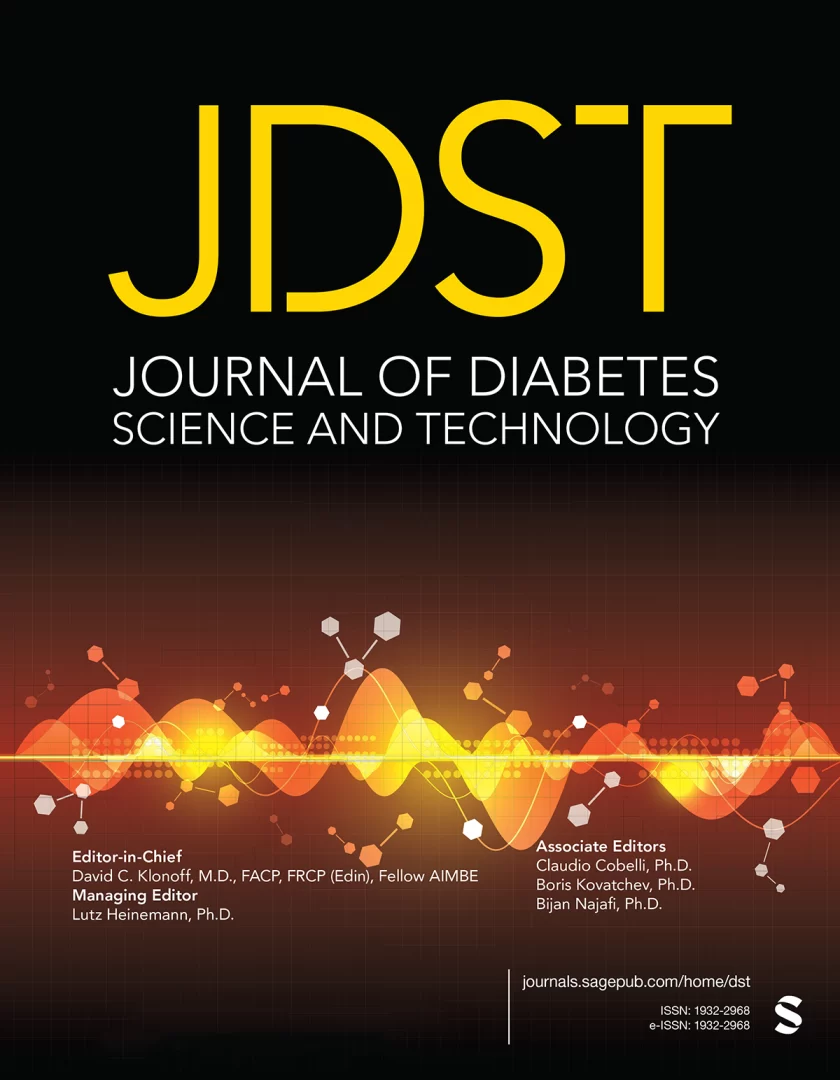Semaglutide Shows Promise in Treating New-Onset Type 1 Diabetes

Original Article: https://www.buffalo.edu/news/releases/2023/09/UB-research-semaglutide-Type-1-diabetes-insulin.html
A new use for a new class of drug?
Recently, there has been a great deal of excitement about the use of a new type of medication, called Glucagon-Like-Peptide-1 Receptor Agonists or GLP-1RA for short. These drugs (their trade names are Ozempic, Wegovy and Rybelsus), most often given by injection under the skin, have been shown to be very effective in people with type 2 diabetes and/or obesity. Now, there may be another use for this type of drug.
Most people diagnosed with new-onset type 1 diabetes still have working insulin-producing cells called beta cells when they are diagnosed.Unfortunately, over time, these cells are not able to maintain insulin production resulting in people needing to inject (or infuse) insulin every day for the rest of their life.. Researchers wanted to see if a GLP-RA could help the beta cells to keep making insulin.
The beginning of a new era in the treatment of type 1 diabetes?
In a new study 10 patients who had been diagnosed in the past three to six months with type 1 diabetes were treated first with a low dose of semaglutide while also taking insulin. The researchers found that within 3 months, all of the mealtime insulin doses were stopped for all of the patients and within six months all insulin in 7 of the 10 patients. This remarkable benefit was maintained until the end of the 12-month follow-up period with HbA1c levels (a long-term measure of average blood glucose) staying well within the target range (5.7% at 12 months).
A new era in type 1 diabetes treatment?
There has been a huge amount of excitement from these findings. However it is important to note that now everyone benefited over the year of follow-up and only a small number of people joined the study.Nevertheless, these findings bring hope and need a great deal of further research.

